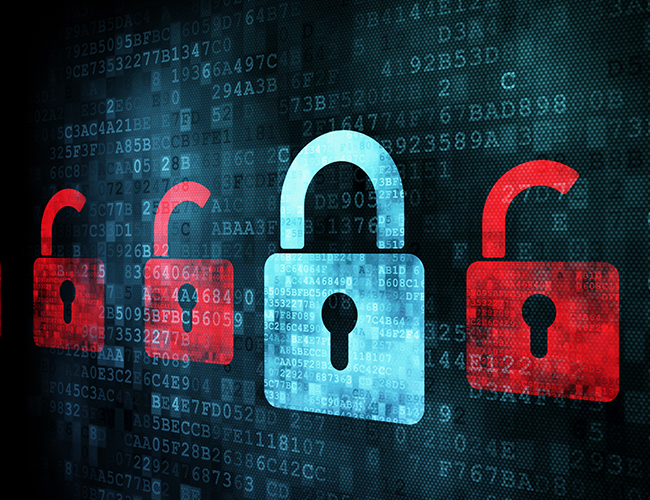It’s easy to forget how much information is stored on mobile devices, tablets and computers. But massive hacks and cybersecurity failures have left millions confused and worried about how to increase online security and keep their personal information safe.
Some consumers have stopped paying with credit cards since the large-scale security breaches at Target and Michaels. James O’Toole, a tech reporter for CNN, provides some helpful tips on how to keep the convenience of technology while maintaining your online security from potential data breaches in his article, “Simple Tips to Avoid Getting Hacked.”
Online Security Tips
- Download the HTTPS Everywhere browser extension from EFF. This add on automatically encrypts your data on websites that feature data encryption. The Electronic Frontier Foundation offers a free browser extension.
- Automatically update your software. The majority of updates are designed to resolve security breaches.
- Use two-factor authentication. Facebook, Twitter, and Gmail offer users an extra layer of protection that makes it more difficult for hackers to access personal data. Users must enter a numeric code that is sent to their smartphone after logging in with their password.
- Tape over your cameras. Did you know experienced hackers can connect to the camera in your smartphone, TV, tablet or computer? Put tape on the camera when you are not using it.
- Stow your phone. Keep your phone tucked away when you don’t want to be overheard. Your conversations may not be as private as you think if a skilled hacker activates the internal mic on your phone.
- Browse anonymously. O’Toole recommends downloading The Tor web browser when you want your browsing history to remain private.
- Protect your email. The software GPG software encrypts your emails to add extra security when you need it. Mac and PC users can download the free software.
- Safe photo-sharing. Android users can download ObscuraCam to easily blur faces and strip location data.








